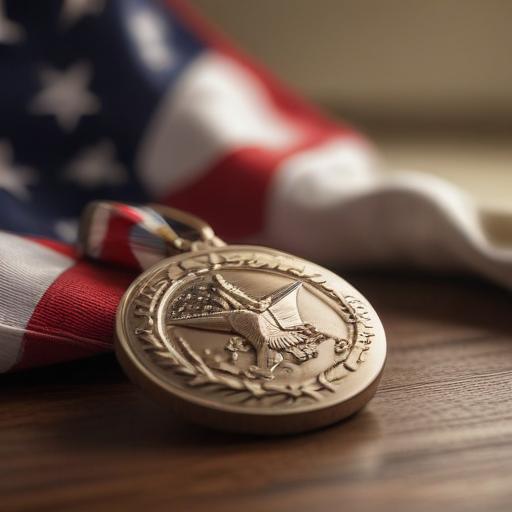Shortly after Donald Trump described himself as a “war hero” during a recent interview, longtime critic and former GOP Rep. Adam Kinzinger dismissed the remark, saying the president’s supporters would rationalize it regardless of the facts. The exchange highlighted a long-standing rift over presidential rhetoric on military service and national security.
In response, Fox News host Mark Levin took to the airwaves and social media to defend Trump’s self-characterization. Levin argued that Trump’s claim should be understood in the broader context of leadership, praising Netanyahu as a “good man” who is “in there fighting,” and insisting that Trump’s actions in supporting Israel and coordinating with allies render him a war hero. Levin echoed a familiar conservative line that many presidents can be regarded as heroes regardless of whether they personally served in uniform.
Trump’s remarks came as he lauded Israel’s leaders and drew a parallel between his own actions and military campaigns abroad, including U.S. air operations in the region. He emphasized his role in approving or supporting military measures aimed at countering Iranian influence and stated that he deserved more credit for those actions, even as critics argued that self-bestowed heroism is a contested claim in American politics.
Adam Kinzinger, a former Air National Guard member who flew missions in Iraq and Afghanistan, argued that it is inappropriate for a president who did not serve in the military to place himself on the same level as those who did. He pointed to Trump’s multiple deferments during the Vietnam War era—including a bone spur-related claim—and suggested that honoring service should come from actions that match the sacrifices of those who served, not from self-description.
Trump’s praise of Netanyahu as a “war hero” and his assertion of shared purpose with the Israeli leader underscored a broader alliance framing that has become central to U.S. foreign policy messaging. Netanyahu, who served in the Israel Defense Forces and participated in major conflicts, has long been a focal point in debates over Israeli security policy and regional tensions.
The episode also revisited a separate, often contentious line of discourse about veterans, past presidents, and the politics of heroism. In the past, Trump has faced criticism for comments about fellow veterans and war experiences, including remarks about John McCain during the 2010s that many perceived as belittling service.
Context and takeaway:
– The clash over who deserves the label of “war hero” reflects deeper partisan divides over military service, foreign policy achievements, and the interpretation of leadership.
– Proponents of Trump argue that decisive actions against threats in the Middle East and strong support for Israel mark a form of leadership that transcends personal military service.
– Critics contend that declaring oneself a “war hero” without having served creates a double standard and raises questions about credibility on national security issues.
– Netanyahu’s own history as a combat veteran adds a layer of contrast to Trump’s framing, illustrating how allied leaders are sometimes depicted as benchmarks of resolve in contentious debates over foreign policy.
Summary:
The exchange underscores how phrases like “war hero” become a focal point in ongoing debates about truth, leadership, and the ethics of wartime rhetoric in American politics. The conversation also highlights the enduring tension between admiration for bold foreign-policy moves and scrutiny of a president’s personal military record.
Possible added value for readers:
– A brief fact-check sidebar clarifying who has served in the U.S. military and how veteran status has been used in past political campaigns.
– A timeline of key moments cited in the exchange (airstrikes against Iran, McCain remarks history, Netanyahu’s role in Israeli security, and notable presidential statements on combat service).
– A note on how such rhetoric can influence public perception ahead of elections and what to watch for in upcoming interviews or statements from the White House, congressional leaders, and major media figures.
Overall, the episode illustrates how political allies and opponents deploy narratives of heroism to shape public opinion on national security and foreign policy, even as questions about credibility and accuracy persist.
